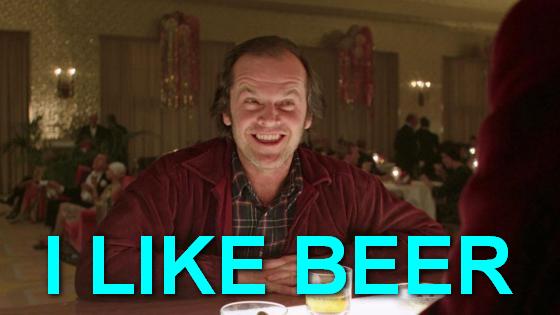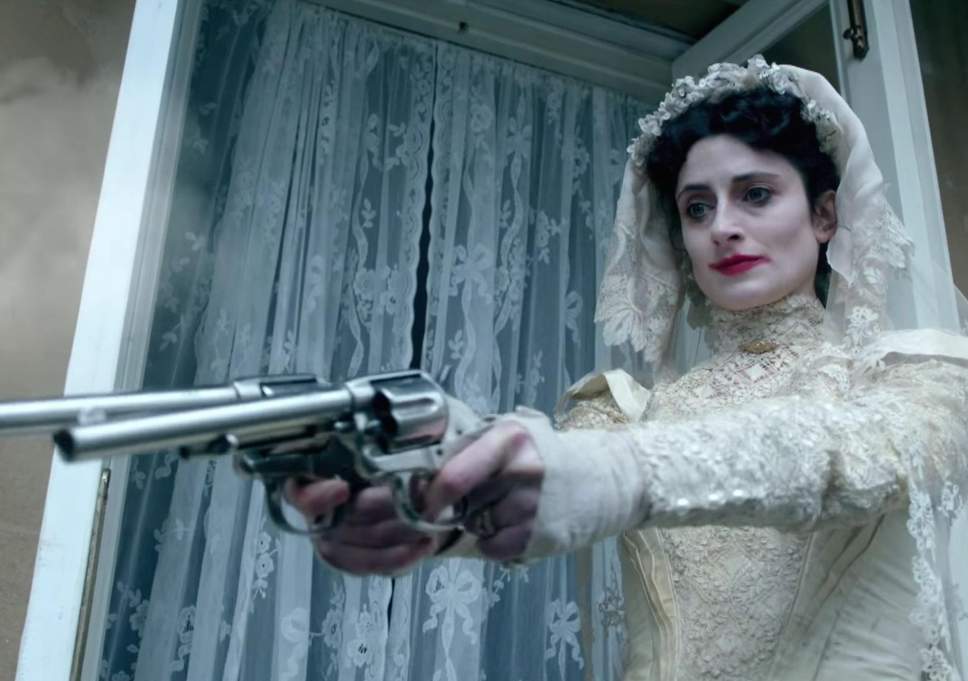Arachnids in the UK Review
I am reminded of the way in which late-era Gatiss stories landed with a sense of pleasurable relief. Not in the high stakes way of Rosa or The Woman Who Fell to Earth where being crap would have had disastrous consequences, but in the way that you’re relieved when you brace yourself for pain that never comes. “Attack of the giant spiders written by Chris Chibnall” is as far from a straightforwardly promising premise as it is possible to get. And yet this is surprisingly good. It’s not a classic in the all-time best sense, but in the well-worn and vintage sense; it’s Doctor Who doing what Doctor Who does, and doing it well.
It’s fair to ask why. If you rifle through the back catalog for an obvious analogue, after all, the closest thing you get is probably The Lazarus Experiment, which is an outright failure of an episode. They’re both “return to Earth” episodes in which the Doctor finds a non-alien threat around the family life of one of someone who goes from being a temporary companion to a permanent fixture. Neither offers a particularly compelling premise or a searing sense of ambition. Indeed, there’s not necessarily an obvious explanation for why Arachnids in the UK is roughly The Faceless Ones tier while The Lazarus Experiment is closer to The Android Invasion.
Instead it’s a profusion of details. One thing the Chibnall era is rapidly establishing as a strength is its ability to structure the process of the Doctor figuring things out over the course of an episode. Where Moffat drew on his sitcom background to build ostentatious narrative contraptions that snapped together with a catharsis of (sometimes spurious) cleverness, Chibnall is drawing on his time writing various flavors procedurals, whether Law and Order UK, Broadchurch, or, in its own way, Torchwood to make a show that is about the Doctor encountering a situation and working out what it is and what to do with it. If Arachnids in the UK feels classic, it’s not in the “attack of the common phobia” sense, but in the sense of going back a mode of thinking about plot and setting that was consciously discarded in one sense when Innes Lloyd came to favor the base under siege as a narrative structure and in another when Russell T Davies reworked the show as a post-Buffy character drama.
But Chibnall isn’t rolling back the years so much as he’s working out how to do procedural Doctor Who in 2018 and in fifty-minute containers. There’s deftness to the way he splits the party to give Graham and Yaz character beats while weaving the establishment of the mystery across all three strands, then calmly reassembles it once the mystery is in place and it’s time to start investigating it. And he continues in this vein, breaking off Graham and Ryan to give them a big scene and establish the queen spider while the Doctor, Yaz, and Najia go solve the how and why of it, but then bringing everyone back together for the denouement.…

 Yet another strand of Wrong With Authority launches. This time it’s Carter Before the Horse. It’s basically just Consider the Reagan but earlier.
Yet another strand of Wrong With Authority launches. This time it’s Carter Before the Horse. It’s basically just Consider the Reagan but earlier. 